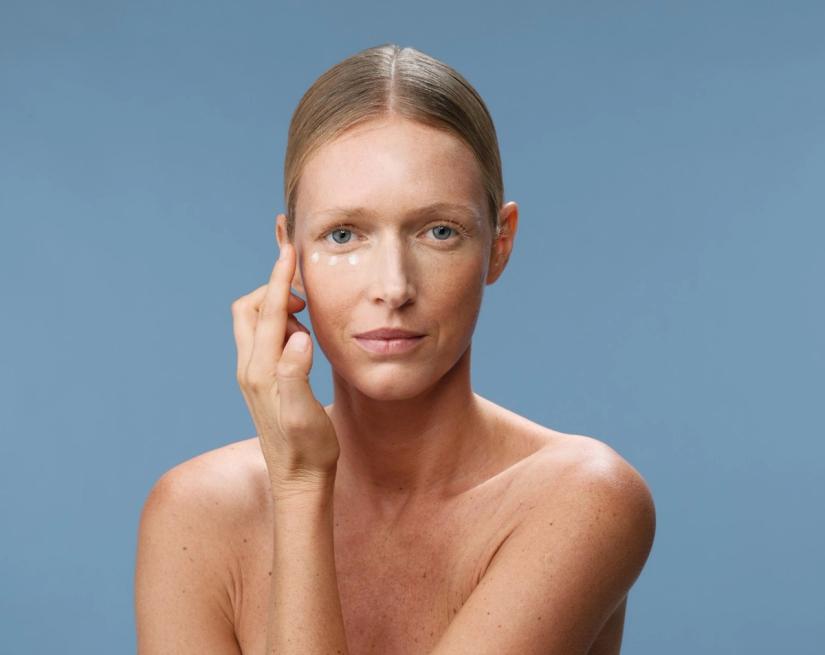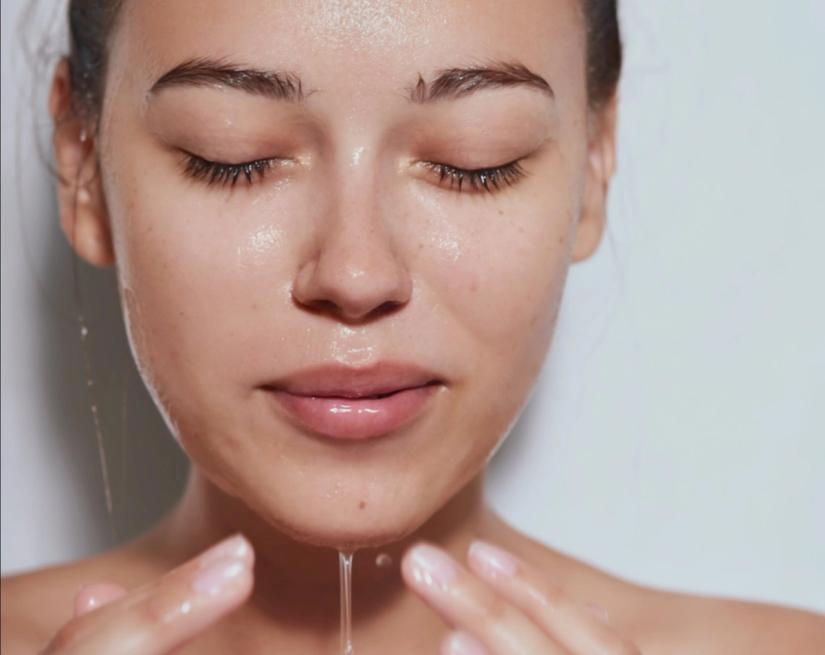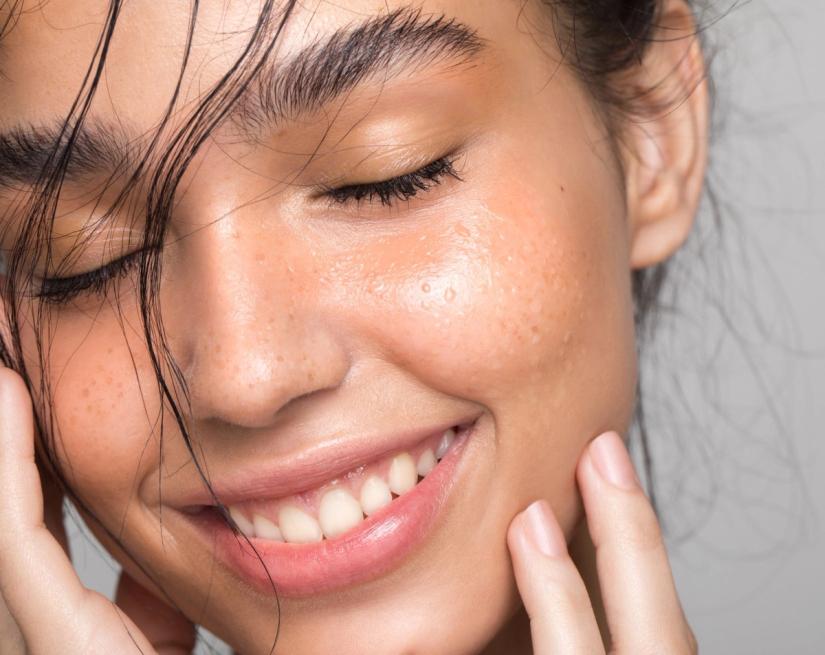skin care
How to Effectively Care for Thinning Skin
Maria Giulia Simonazzi | International Training Manager
8 min read
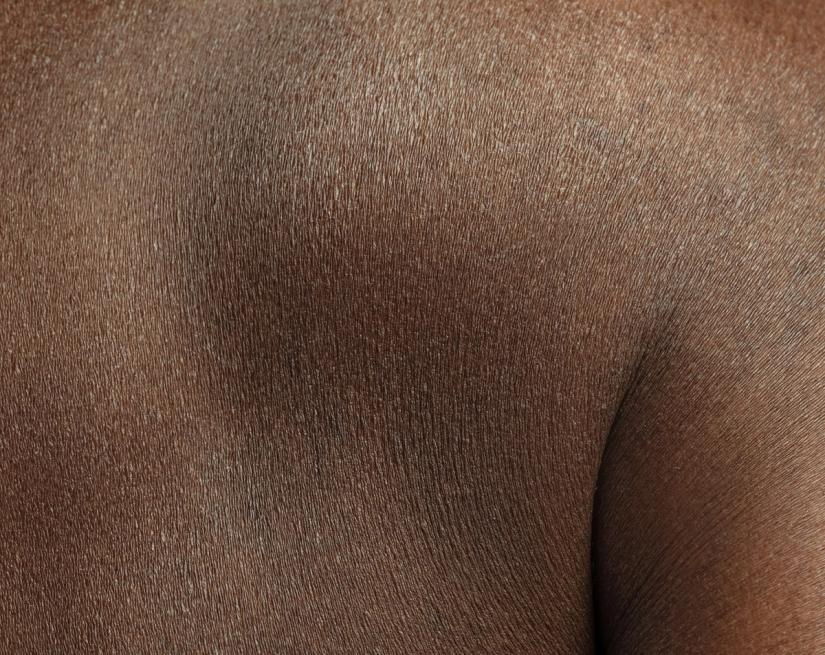
When it comes to skincare, there's some good news and some bad news. The bad news is, no matter your skin type, human skin is susceptible to aging. Thinner skin, age spots, and wrinkles happen to all of us.
But there is some good news: Using the right skincare ingredients and taking the right precautions, including adopting healthy lifestyle factors, can drastically prevent and reduce the visible signs of aging. The sooner you commit to an anti-aging skincare routine, the more resilient your skin is to aging. You have the power to effectively reverse and prevent damage to your skin, including the common condition of thinning skin.
Here's what you need to know about caring for thinning, crepey skin.
What Causes Crepey Skin?
Thinning skin is common and doesn't typically indicate a serious skin condition or skin disease. A person who has thinning skin may have visible veins, blood vessels, and tendons around different parts of the body. Unsurprisingly, thin skin is more prone to damage from minor injuries. People with thin skin bleed relatively easily and are more susceptible to skin bruises.
The causes of thinning skin can be split into two categories: natural and preventable. As we all know, many age-related changes our bodies go through are entirely biological, and trying to completely prevent all signs of aging is impossible. However, there are some ways that many people inadvertently speed up the natural aging process, and reducing these preventable causes of thin skin can help minimize its development.
Natural Causes Of The Skin
There are three main layers of the skin: the epidermis, the dermis, and the hypodermis. The epidermis is the outermost layer of the skin, the dermis is the middle layer, and the hypodermis is the deepest skin layer that maintains our skin's hydration levels.
The dermis is where collagen and elastin, the proteins responsible for keeping skin flexible and plump, are produced. As a result, this layer of skin is directly responsible for many visible signs of aging, including thin skin.
Over time, elastin and collagen growth in the dermis naturally slows. In fact, once we reach 20 years old, we actually start to produce 1% less collagen each year. As a result, skin starts to thin and become more dehydrated and fragile with time.
Thinning skin can be difficult to treat, because all skin layers are affected by the decrease in elastin fibers and collagen molecules. As the dermis produces less collagen and elastin, the epidermis and hypodermis lose volume too. Older adults may notice dry and thinning skin on the face, hands, and feet especially, because these areas of skin are thinner than the rest of the body naturally, even in young, healthy people.
Preventable Causes of Thin Skin
The lifestyle and environmental factors that cause premature aging, wrinkles, fine lines, liver spots, and sagging skin are to blame for thinning skin too. Environmental pollutants, UV exposure, and an unhealthy lifestyle are all risk factors for developing these undesirable qualities in human skin.
A poor lifestyle can also exacerbate your body's natural decrease in elastin and collagen levels. In fact, some risk factors that influence collagen and elastin levels besides time include:
- UV exposure
- Smoking
- Alcohol
- Genetics
- Certain medications (such as corticosteroids, blood thinners, and NSAIDs)
- Environmental pollutants
Smoking cigarettes, drinking too much alcohol, and exposing sensitive skin to excessive UV light are some of the worst habits for human skin. While some other aging factors, like environmental pollutants or medication side effects, are not entirely avoidable, thoughtful skincare habits can preserve the skin and shield it from the visible signs of aging as much as possible.
How To Make Your Skin Stronger and Prevent Skin Atrophy
While some thinning skin is inevitable, there are things you can do—like maintaining a healthy diet, avoiding excessive exposure to sunlight, and using powerful cosmetic products—to prevent your skin from thinning excessively and stop thinning skin from progressing.
Strengthening the skin can prevent skin bruises or broken skin from tears. Keeping your skin hydrated, shielding it from UV light, and supplying it with adequate vitamins, minerals, and nutrients can stop it from thinning and increase its flexibility and resilience to damage. Here are our top tips for strengthening skin and preventing or reversing thinness.
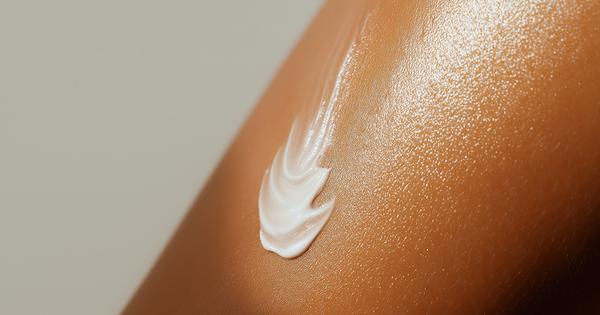
Use Vitamin C To Improve Your Skin Health
Vitamin C is absolutely essential for an effective anti-aging skincare routine. Vitamin C is a natural antioxidant, meaning it protects healthy skin cells from free radical damage. Free radicals are unstable molecules that form in the body when it's exposed to harmful factors, like pollution, tobacco smoke, and UV rays. Free radical molecules break down the healthy skin cells necessary for elastin and collagen production, so they're directly responsible for thinning, aging skin. The antioxidative properties of vitamin C can effectively prevent thinning skin and slow its progression.
Apply Sunscreen To Minimize The Effects of UV Exposure
Sun exposure is high on the list of skin-thinning contributors for good reason. The ultraviolet light emitted by the sun is incredibly damaging; that's why healthcare providers advise all people to wear sunscreen with an SPF of 30 or more every time they expose their skin to the sun.
Sun exposure does more than just cause thin skin and wrinkles. Sun damage increases your chances of developing skin cancer, causes free radicals to form in the body, and it directly impacts collagen production. UV rays trigger the body to flip the switch from collagen production to collagen degradation.
Needless to say, your skin needs protection to preserve its collagen. If you're spending the day in the sun, wear long sleeves to protect the fragile skin on your arms, apply sunscreen before going outside, and reapply sunscreen every few hours as needed.
Schedule an Office Treatment For Professional Support
If you're already dealing with thin skin, some office treatments can help boost your skin's collagen production and reduce the effects of sun damage.
- Microneedling is a procedure in which a doctor presses a roller covered with tiny needles over your skin. This process doesn't damage the skin. Microneedling can stimulate your skin to produce more collagen with several treatments.
- Laser resurfacing helps minimize the effects of sun exposure. In a laser treatment, your skin is slowly scanned by a laser, which strengthens skin and increases collagen production.
- Radiofrequency and ultrasound therapy treatments heat skin using sound waves. This process stimulates collagen growth.
Eat a Balanced Diet To Promote Healthy Skin
If you're already dealing with thin skin, some office treatments can help boost your skin's collagen production and reduce the effects of sun damage. Have you heard the saying, “you wear what you eat”? This is especially true for our skin, the largest organ we have and the only organ we wear. When the body is malnourished or deprived of essential vitamins and minerals, it's reflected by the quality of our skin. A healthy diet is one of the most important components of skin health. Our skin requires a balanced diet of vitamins, minerals, and nutrients to maintain its resilience, hydration, youthfulness, and suppleness.
One important vitamin for skin health is vitamin E. Vitamin E is a skin renewing antioxidant with tons of skincare benefits. It neutralizes harmful free radicals, like all antioxidants, but it also supports the hypodermis, the skin layer responsible for storing fat and protecting the underlying cartilage, tendons, and bones. When the hypodermis isn't properly nourished, it loses volume and thins the skin.
You can increase your vitamin E intake by eating nutrient-dense foods, such as:
- Almonds
- Hazelnuts
- Spinach
- Broccoli
- Avocados
To prevent thinning skin or slow its progression, fill your fridge with edible vitamins and your skincare cabinet with topical ones.
The Best Regimen To Treat Thinning Skin
Lifestyle habits are important for preventing thinning skin, but so are powerful skincare ingredients and a committed daily skincare regimen. To protect your skin from thinning, follow these simple skincare tips.
Tip #1: Cleanse Morning and Night
Begin and end each day with a gentle cleansing cream to wash the dirt, debris, makeup, and pollution residue from your pores. Our facial cleansing cream uses a non-drying formula enriched with longevity complex (organic superfood extracts fused with high-tech molecules) and organic maqui berry with antioxidant active ingredients to combat free radicals and promote healthy skin cells. This antioxidative formula suppresses UV damage to slow collagen degradation and preserve the skin's resilience.
Tip #2: Apply Vitamin C In The Morning
In the morning, apply a vitamin C booster to strengthen the skin barrier and shield the vulnerable skin layers from oxidative stress. By stimulating the production of new collagen, this vitamin C booster protects the skin from UV rays throughout the day, reverses damage caused by photo-aging, and prevents the skin from sagging, all while minimizing dark spots and improving skin brightness.
Tip #3: Apply Retinol at Night
At night, apply a natural retinol serum to renew skin cells, fill fine lines, and reduce imperfections. Retinol, a derivative of vitamin A, is transformative. It renews the skin by promoting the generation of new skin cells and the shedding old, damaged, dry skin cells. Retinol and retinoids stimulate collagen synthesis and accelerate cellular turnover to thicken the skin layers and increase the skin's tolerability and stability.
Tip #4: Apply Moisturizer Twice a Day
Morning and night, moisturize the skin with a peptide cream to boost collagen synthesis. To treat thinning skin, collagen boosters are essential. Tripeptide anti-aging face moisturizer cream is formulated with palmitoyl-5, a synthetic peptide engineered to increase collagen production, improve skin firmness, and drastically reduce signs of aging.
Tip #5: Finish With Sunscreen
Finish your morning routine with a SPF 30 or more sunscreen that blocks harmful UV rays from reaching fragile skin layers. Sun damage is responsible for a number of skin care concerns, including hyperpigmentation, age spots, wrinkles, fine lines, thin skin, and frequent skin bruises. Most importantly, sun exposure increases your risk of developing skin cancer. Wear sunscreen every day and reapply it every few hours to prevent irreversible damage to the skin.
Support Your Skin At Every Stage With Comfort Zone Skincare Products
Our skin changes as we age—thinning skin is a normal part of the aging process. As collagen and elastin production deplete and our exposure to harmful factors accumulates over time, nourish your skin with an effective skincare routine that will reverse as much damage as possible and prevent further damage from taking place.
Preserve your skin's youthfulness and prolong its healthy, plump radiance with Comfort Zone's powerful, cruelty-free skincare products.
